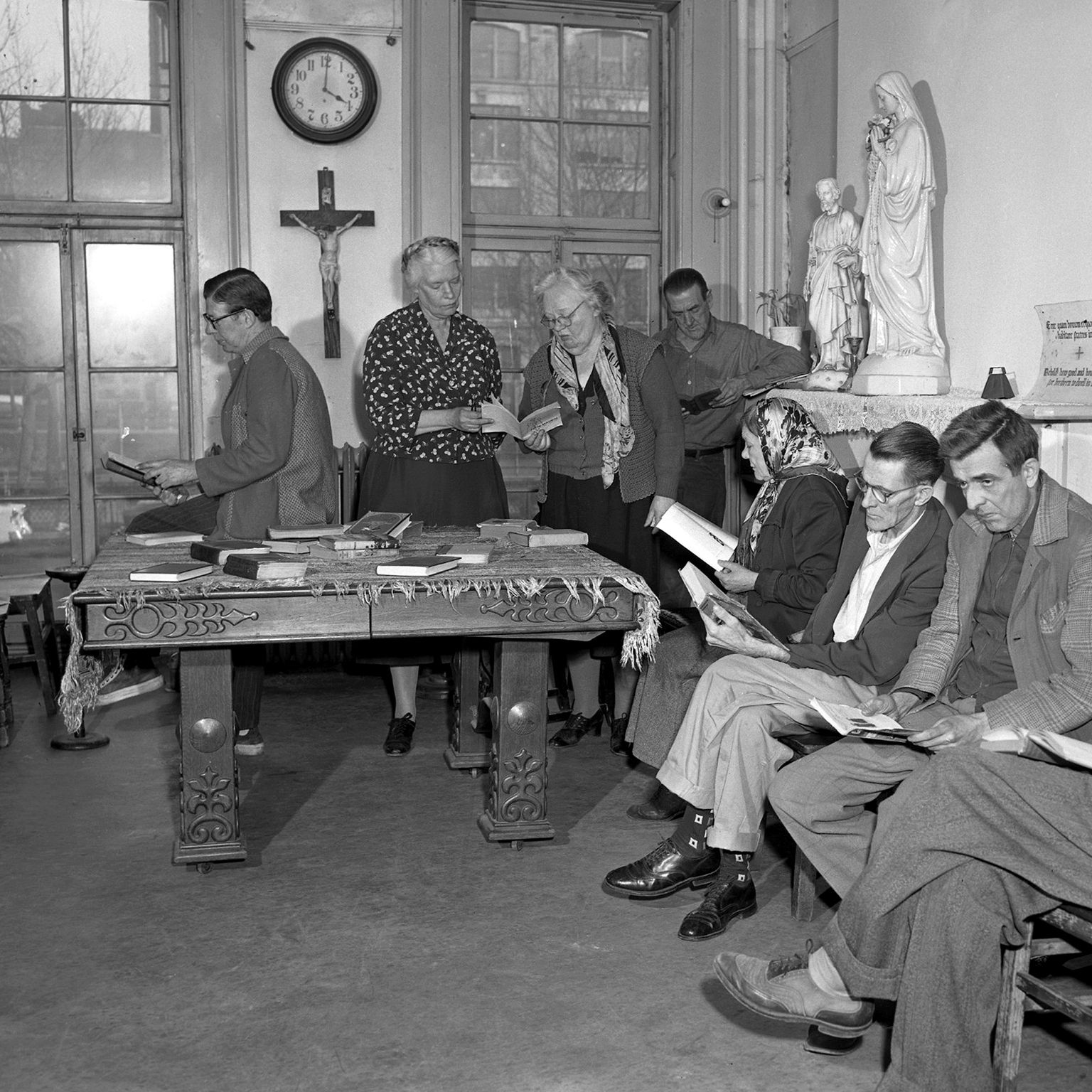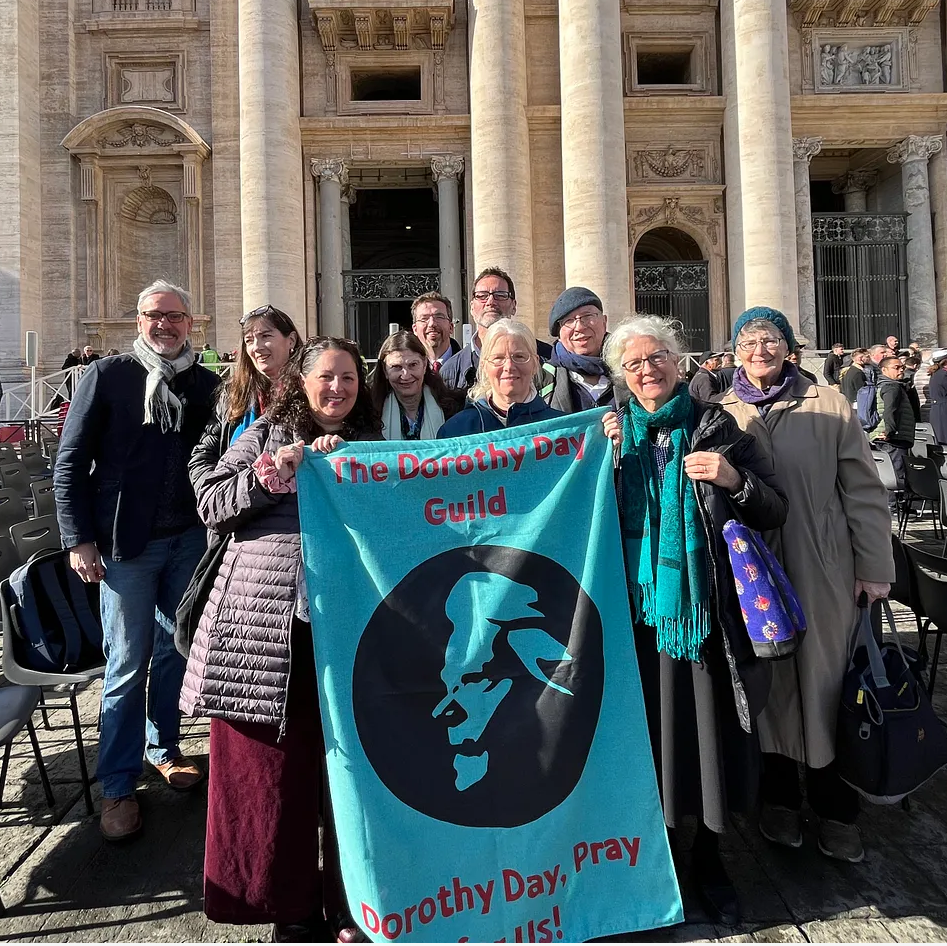Naming one’s child after Dorothy Day is a clear example of the faithful’s devotion to Dorothy. Due to the importance of names in Catholicism and human society as a whole, this is a particularly special act of devotion. Names—both those we are given and those we choose for ourselves—are important. Our names help us connect with others. When we meet someone for the first time, we often say something along the lines of
“Hello, my name is…”
and share our name and/or nickname before anything else. Through surnames, we connect with our ancestors of the past and our family members of the present. Names are incredibly important in Scripture and Church tradition too. The names of Biblical characters, like Abraham, Sarah, Peter, and Paul, are given to them by God in times of transformation.
When an individual undergoes confirmation in the Church, they choose a confirmation name to signify their transition into full members of the Church. Customarily, the confirmation candidate will choose the name of a saint or blessed person whose life of faith inspires them. The Catechism of the Catholic Church explains: “Everyone’s name is sacred” (Catechism, 2158).
A name is more than just a word we use to refer to someone; it represents, in part,
who
that person is.
Naming one’s child after Dorothy Day is a special devotional practice because of the importance of names
and
because of the unique power Dorothy’s namesakes hold. Those named after Dorothy Day continue to tell her story, all while writing stories of their own. Before I began my internship with the Dorothy Day Guild, I had a conversation with my aunt about Dorothy and the work of the Guild. It was through this conversation that I learned about her niece, who was a new mother to a child with the middle name Day. My aunt had no knowledge of Dorothy or the Catholic Worker movement until this little one’s parents named their child after Dorothy Day. Names tell stories, and this child’s name was able to tell my aunt the story of Dorothy Day. As these namesakes move through the world, the meaning behind their names will come up in conversation with others, and when it does, there is an opportunity for another person to learn about the more equitable world that Dorothy Day stood for. I am reminded of the little way of St. Thérèse of Lisieux, something Dorothy wrote quite a bit about. Each child who is named after Dorothy helps to reaffirm her impact on the Church and the world, all while furthering that impact’s reach. Many of these children are little in age, and the name of just one child is little in the grand scheme of things, but the little act of devotion that is naming one’s child after Dorothy has a very big impact.
Dorothy’s namesakes are able to tell her story, but they are also encouraged to write stories of their own. As I connected with the parents of children named after Dorothy for this project, I found that they shared in common their admiration of Dorothy for her willingness to stand up against the status quo. Claire Fyrqvist, the mother of five-year-old Teresa Day, is proud that her daughter “has Dorothy’s spice.”
Dorothy Day emphasized: “One must follow one’s own Conscience first before all authority,” and throughout her life, she did just that.
She consistently challenged authority figures of both Church and state when their actions did not align with the Gospel teachings of social-justice that guided her conscience. Dorothy wrote her own story throughout her life, as she tried her very best to follow the example of Christ, even when this meant breaking societal norms. Sarah Stanley, the mother of 19-month-old Dorothy “Dottie” said: “She made me feel like there was space for me in Catholicism when the different ‘sides’ disapproved of how I live my faith for one reason or another.”
Dorothy inspires people of faith to follow God and their conscience, rather than popular opinion. Dottie’s mom is hopeful that Dorothy will play a similar role in her daughter’s life, so that she may “know she is welcome and loved in the Catholic Church no matter what charism/cause/etc she feels called to.”
The name Dorothy is derived from the Greek word
Dorethea
(Δωροθέα), meaning “gift of God.”
Day is an Anglicized version of
Deagh
, the Gaelic word and surname meaning “good.”
Dorothy Day’s full name literally means
good gift of God
—how fitting is that? Dorothy certainly lived up to her name’s meaning. Nearly 43 years have passed since she departed from this earthly life
and Dorothy’s spirit continues to give
. Those who pray for her intercession receive comfort from Dorothy during difficult times. Some find her memory to be a gift of guidance, as they decide how best to move through the world in a way that emulates her witness. Ricky Klee, father of six-year-old Hannah Day, shared that he and his wife “would like their daughter to imitate her special holiness.”
When a child is named after Dorothy Day, they are given more than just her name—they receive a role model who is never far away.
Day, Dorothy.
The Long Loneliness: The Autobiography of Dorothy Day
. New York, NY: Harper & Brothers, 1952.
- Dorothy Marie “Dory,” 4; child of Becky and Andy Czarnecki
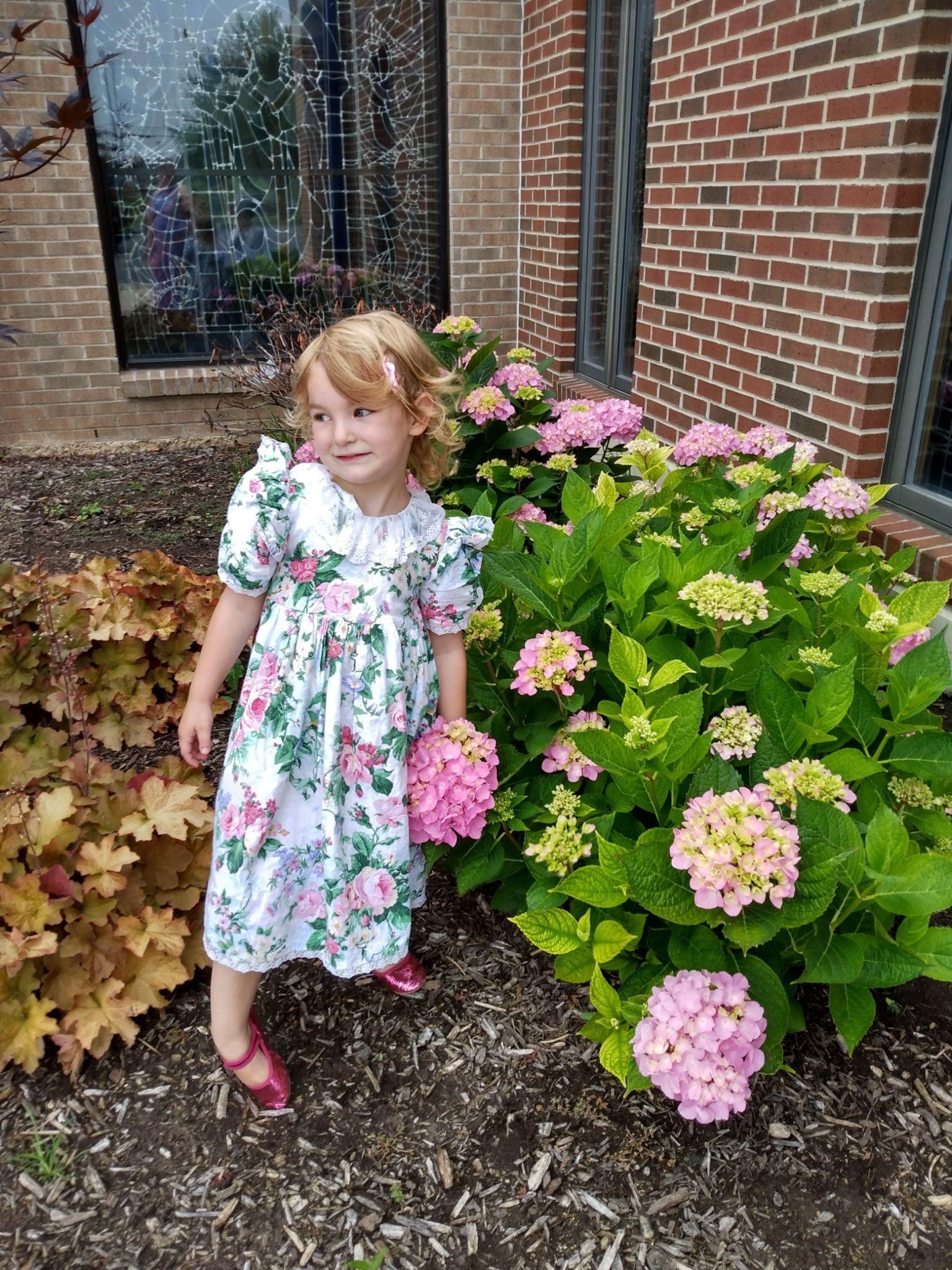
Slide title
Write your caption here
Button
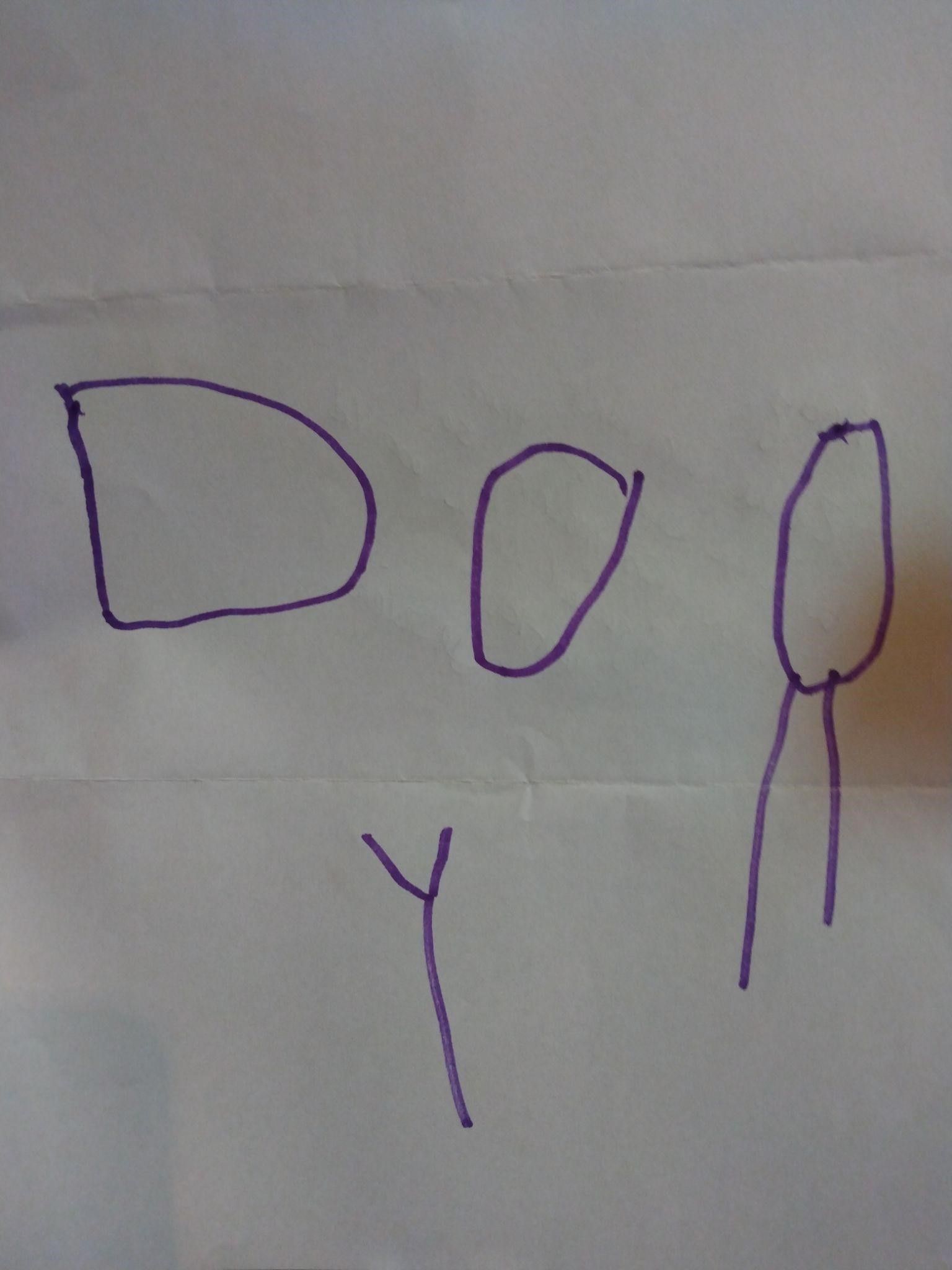
Slide title
Write your caption here
Button
- Lucy Day, 16; child of Stacey and Josh Noem

Slide title
Write your caption here
Button
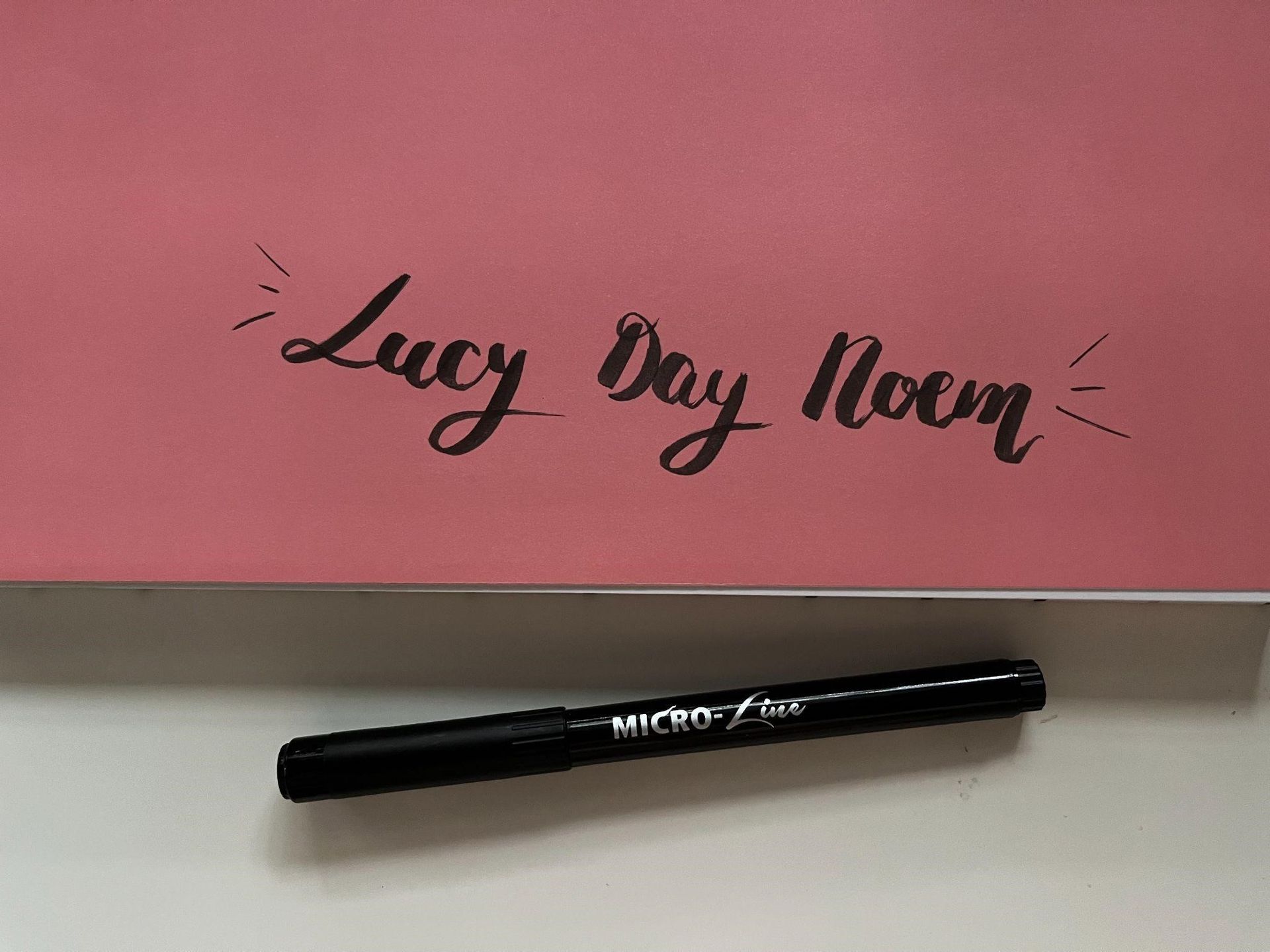
Slide title
Write your caption here
Button
- Dorothy Louise, 6; child of Kate Frommelt

Slide title
Write your caption here
Button
- Dorothy Emmanuelle, 19 months; child of Sarah Stanley

Slide title
Write your caption here
Button
- Dorothy Ruth Farah, 2, child of Margaret Nuzzolese Conway and Chris Conway
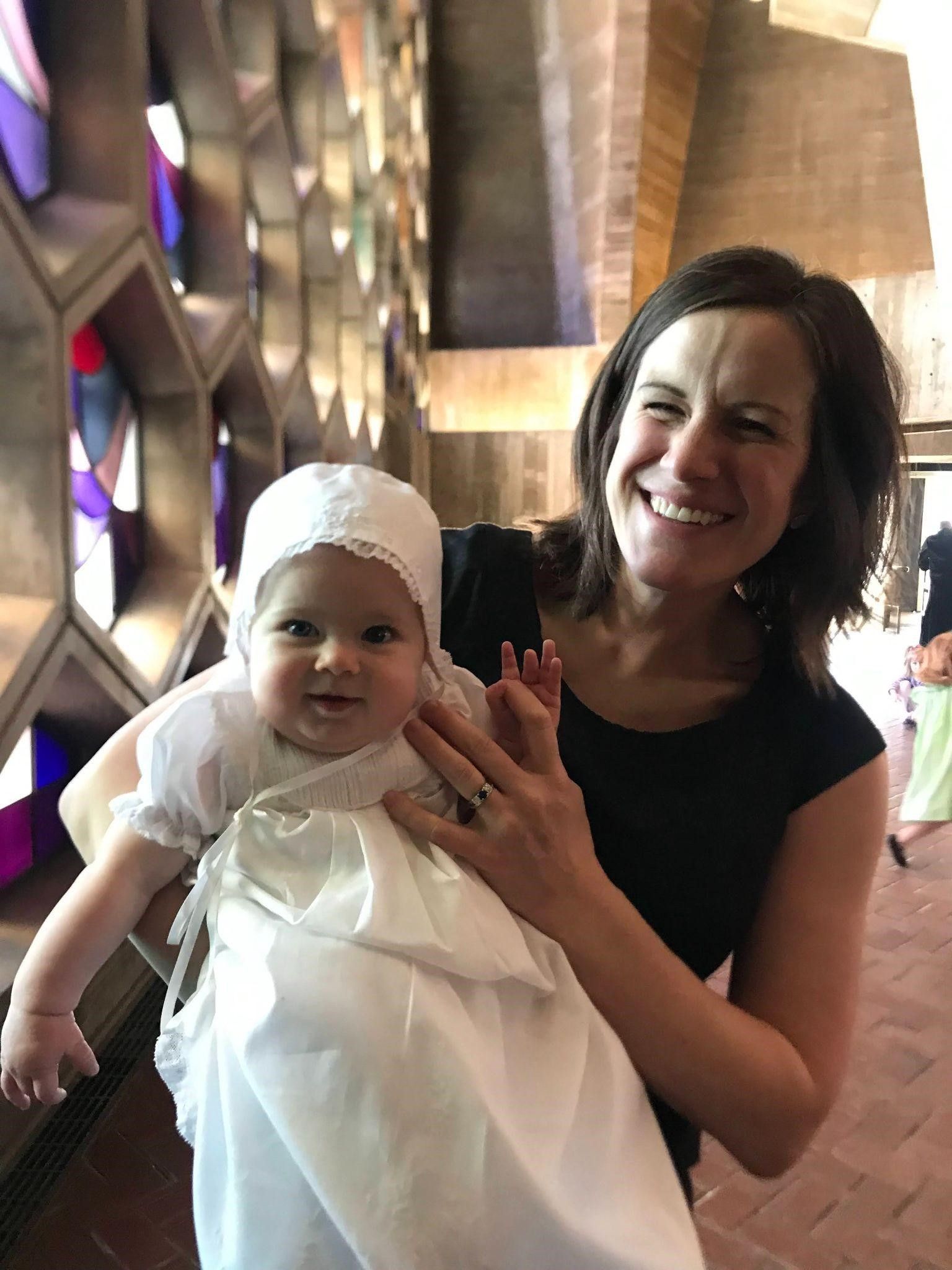
Slide title
Write your caption here
Button
- Brendan Day, 8 months, child of Dan Cosacchi

Slide title
Write your caption here
Button
- Teresa Day, 5; child of Claire Fyrqvist (no photo)
- Hannah Day, 6; child of Ricky Klee (no photo)












